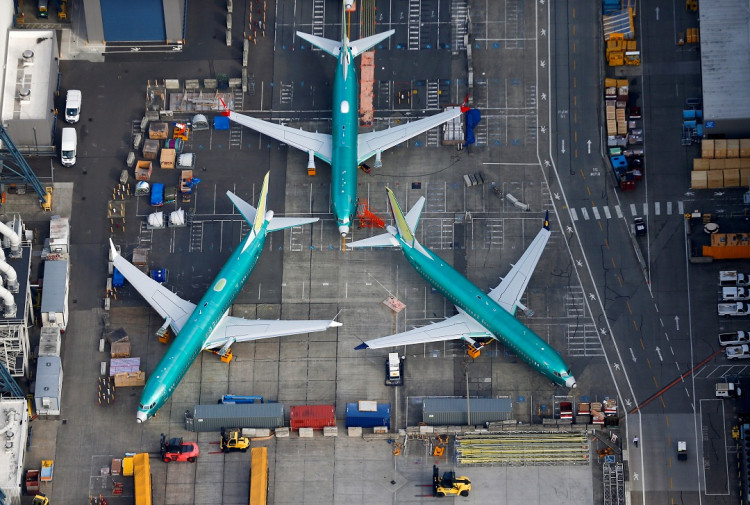While the gesture may be a bit late, Boeing announced this week that it would be giving $100 million to the families and communities affected by the crash of two of its troubled Boeing 737 Max airplanes.
The two crashes, which happened just five months apart in Indonesia and Ethiopia, killed a total of 346 people.
Boeing said on Wednesday that the money it has set aside will be given over multiple years. Instead of distributing the amount directly to the families of the victim,
Boeing has decided to give it instead to the local governments and non-profit organizations that will agree to establish programs to help with the education and living expenses to the affected families and communities.
The pledge, which is less than the list price of one 737 Max airplane, is separate from the amounts being requested by victims through litigation. According to a Boeing spokesperson, the amount is in no way intended to interfere with existing litigations.
Lawyers that represent families of the victims have stated that the funds promised by Boeing are actually irrelevant in the cases that have been launched, as most of them are looking into the reasons why the crashes had happened and if it could have been avoided.
Some of the relatives of the crash victims have spoken out following Boeing's $100 million pledge, with most stating that they will continue to fight the company in the courts.
The pledge has been seen as nothing more than Boeing simply trying to build its image back in the eyes of the public.
Boeing is currently facing a criminal investigation from the US Department of Justice and a number of other international regulators. The company is also currently facing more than 100 lawsuits by the families of the crash victims.
A good number of the people that died in the crashes were reportedly aid workers involved in different charitable and environmental programs. Part of the funds could be used to further the work of the people that died on the crashes.
Some of the people involved in the ongoing litigations have suggested that part of the money could be more useful if it were used to assist in the efforts to return the remains of the victims to their respective families.
Following the fatal crash of the two airplanes, major airlines and airports around the world had decided to ground all Boeing 737 Max aircraft. The global grounding of the planes canceled orders, and ensuing lawsuits have reportedly cost Boeing more than $1 billion in losses.
Boeing had already submitted a fix to the underlying software problem that had been determined to be the cause of the crashes. However, aviation regulators last month found new issues that further extended the grounding.
As of the moment, regulators have announced that commercial flights for Boeing's 737 Max airplanes will still not allowed, at least until October of this year after the further investigation has been concluded.






